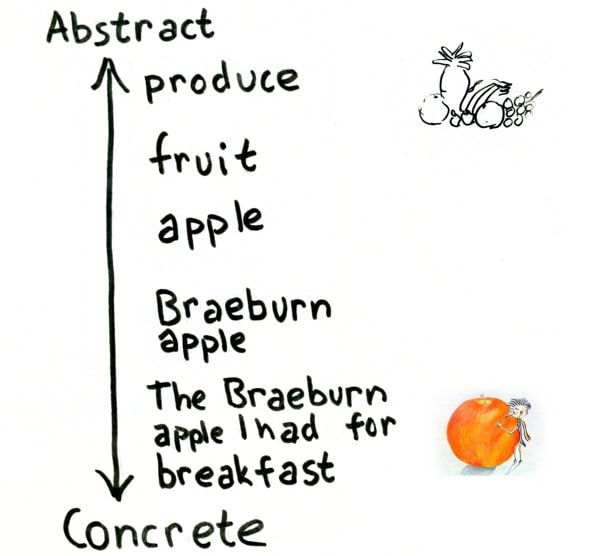
My adult kids laugh when they use a slang word, and we look quizzically at them frowning and repeating the word slowly back, raising an eyebrow. Usually, its a new word or an abbreviation derived from social media.
Recently, I read a tourist website advocating visitors to Australia use the vernacular slang word ‘Hooroo,’ to say ‘Goodbye.’
Yeh, nah!
‘Hooroo,’ is almost obsolete as a farewell greeting in Australia and fast disappearing from common use, much like the word ‘Cheerio.’ Both these words stem from old British slang – and Brits, do correct me if that is wrong. The last person I heard say, ‘Hooroo’ or ‘Cheerio,’ was a 93-year-old resident who has been dead for over 10 years.

While the meaning of ‘No Worries,’ said to be our national motto, is absolutely clear to foreigners, we no longer say Hooroo. These days when Australians say goodbye, it is more like ‘seeya, see-ya-later,’ or ‘bye now.’
Goodbye seems terribly formal, but its still used on the phone, especially during a business transaction.
But I haven’t heard ‘Hooroo’ for yonks. [N.B. yonks is more slang meaning: a long time]
Yonks is defined as an informal British word. But do the British use it? I will have to defer to British readers.
Language is Dynamic
And anyway – what’s the point of all this?
It shows that language is a dynamic force. Never static, it is a living concept that waxes and wanes according to social mores, popular TV shows and local lingo.
Fascinating. At least for me.
In 1902, Gelett Burgess also thought slang words were a transient beast remarking:
Like the eggs of the codfish, one survives and matures, while a million perish.
In fact, some Australian linguists are worried about the prognosis for the word ‘mate’ – the use of which clearly identifies you as an Australian wherever you go. They fear it will be replaced by ‘Dude,’ – Thanks, Homer S….
Exporting Australian Slang Words
And yet linguistic bartering is in place. I hear that the iconic Australian word, ‘mozzie,’ has been exported to the world!!
Could this be true?
I don’t know where, but if you have heard the word ‘mozzie,’ used outside of Australia, I’d love to know exactly where.
Do let me know in the comments who has pinched the word ‘Mozzie!’

While you’re here, some other sayings or slang no longer in regular use that were formerly synonymous with Australia include:
- Strewth – an expression of surprise
- Off his kadoova – mentally ill
- Pash off – to kiss passionately
- Rack off – more vitriolic variations are used now to ask someone to leave
- Boomahs – Kangaroos not to be confused with (baby) Boomers
- Grouse – really great
- Spunky – sexy
- Nuddy – to be naked
- The cheese and kisses – the missus or your female spouse
and for a laugh:
https://www.facebook.com/reel/246137518281472?s=yWDuG2&fs=e&mibextid=Nif5oz





























